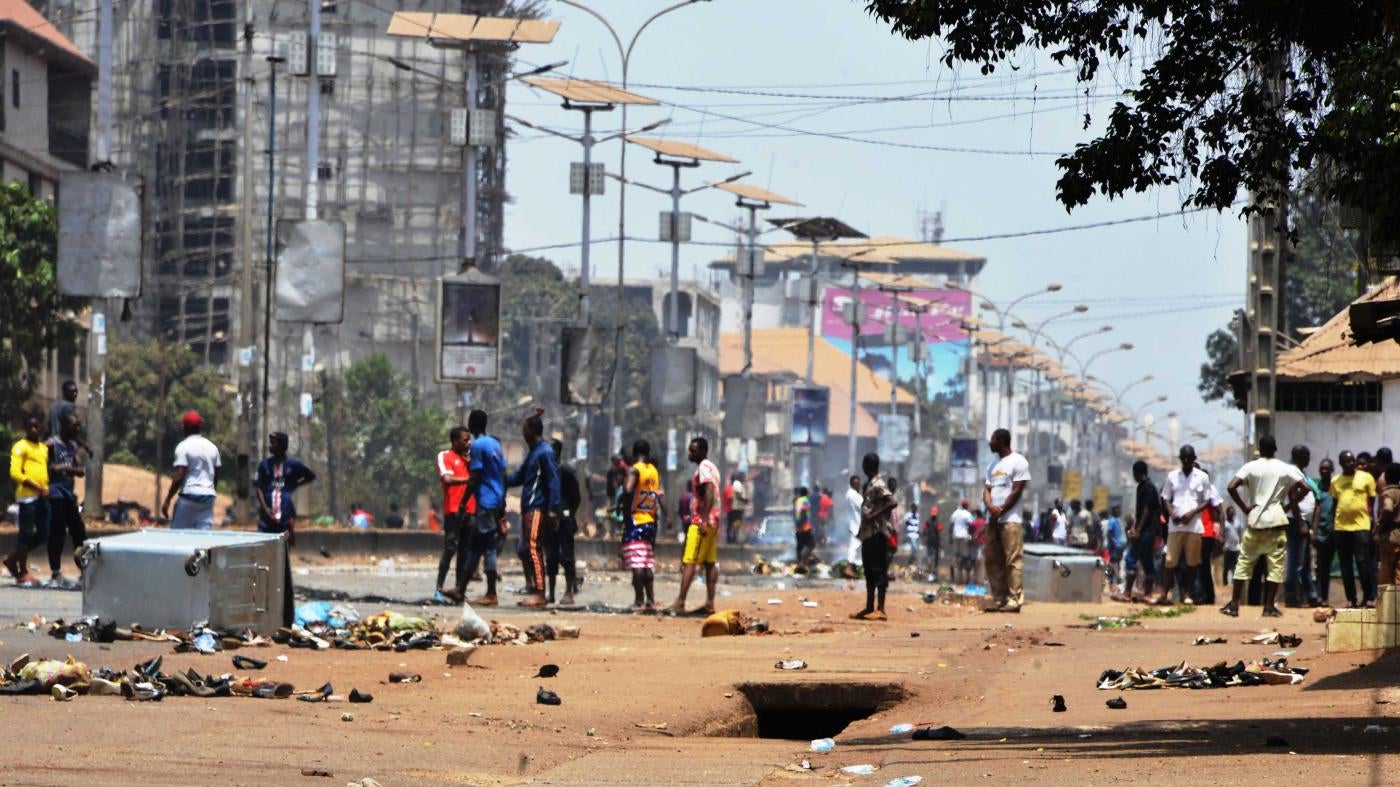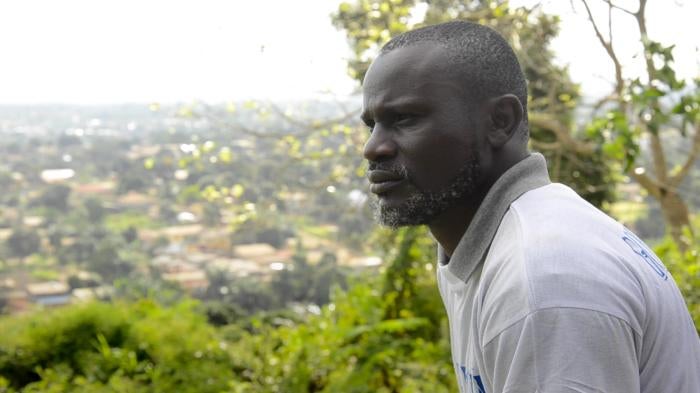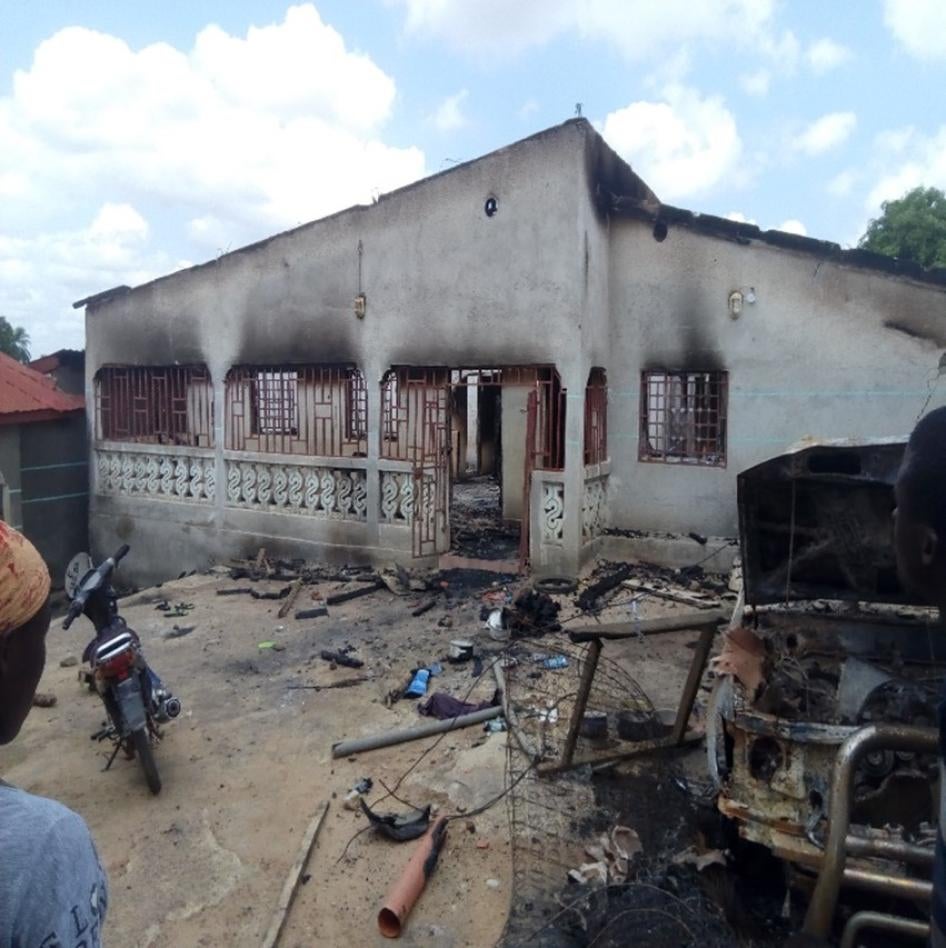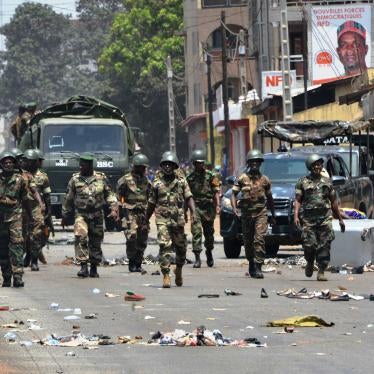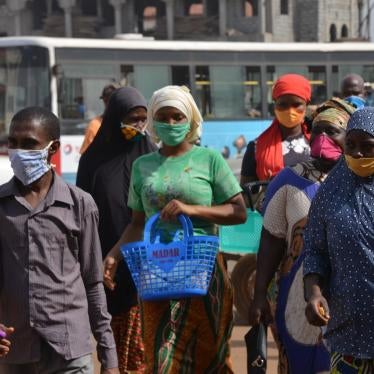Why are political tensions particularly high in Guinea right now?
Guinea’s President Alpha Condé is currently seeking a third term in office in October’s presidential elections. When Condé came to power in 2010, Guinea’s constitution limited the president to two five-year terms in office. In December 2019, however, President Alpha Condé announced a plan for a new draft constitution that, his party said, would allow him to stand in the upcoming elections. Despite fierce opposition by Guinean civil society and opposition parties, as well as warnings from several key international actors, he put this highly controversial new constitution to a referendum in March. The resulting crisis exacerbated longstanding political and ethnic tensions in Guinea, which are fueled by the security forces’ long track record of using excessive force against opposition groups and the near-total impunity for political violence and human rights violations.
What happened in N’Zérékoré?
At least 32 people were killed. Houses and even churches were burned, ransacked, and destroyed, and polling stations attacked. Some of the accounts we gathered from victims and witnesses were chilling. They described how people were shot, beaten to death, or attacked with machetes. At least one person was burned alive and one girl was raped. A man with an intellectual disability was also killed.
Most of the killings were committed by armed citizens from different communities. But we also found that security forces killed at least two people, a man and a pregnant woman, raided homes, and destroyed property. Security forces arrested over 100 people, some of whom were illegally detained in a military camp, where they were beaten and detained in a filthy, windowless cell and deprived of food and water.
What did the authorities and security forces do to stop the violence?
While the authorities and the security forces say they took adequate measures to stop the violence, such as imposing a three-day curfew, sending in military reinforcements from other cities, and trying to mediate between communities, witnesses and residents of N’Zérékoré told us that the police, gendarmes, and soldiers did not do enough to protect people and property.
One witness told us that he begged a policeman to take his nephew, who had been shot, to the hospital, but the policeman refused. His nephew bled to death. A civil society activist observing the elections in N’Zérékoré’s Bellevue neighborhood told us he made several calls when the violence started, first to the Independent National Election Commission, then to the police, then to the gendarmes. By the time police and gendarmes finally arrived, the number of protesters had tripled, properties were burning, gunshots could be heard, and several people had already been killed.
How did you manage to document all this while outside of Guinea?
We conducted more than 70 interviews over the phone with victims and witnesses, and also with relatives of victims, healthcare workers, lawyers, journalists, and civil society activists who provided precious information about the context and background of the violence. We also talked to community leaders and representatives of political parties and wrote a letter to the Guinean government requesting comments on our findings. We sought to interview people from different communities, ethnic groups, and political affiliations in N’Zérékoré to get as balanced and wide-ranging a view as possible of what happened. Fortunately, we have a strong network of contacts on the ground who helped us identify people to talk to and facilitated interviews.
What are the challenges of remote research?
Assessing the credibility of sources and the accuracy of the information they provide is one. Ensuring the security of interviewees and intermediaries is another one, when you are not on the ground yourself. Making sure you do not retraumatize the witnesses and victims you talk to is also challenging. At times, it is more difficult to establish trust, which is easier to do when you meet a person face-to-face. Without courageous local activists to partner with, who can explain in local languages the purpose of the interview and the nature of our work, this kind of remote research would not be possible.
How did you corroborate the information you were provided?
Apart from making sure we spoke to multiple sources, we looked for material evidence that would back up the witnesses’ accounts, such as photographs and video footage, legal and medical records, or locations on maps. For example, we reviewed a graphic video showing bodies lying on the ground and on tables in a mortuary. Sources claimed the mortuary was in N’Zérékoré’s regional hospital, but that was not evident from the footage. We spoke to a man who had been at the mortuary looking for the body of a relative when the video was shot, and who recognized himself in the video. The man confirmed that this was indeed the mortuary at N’Zérékoré Hospital, and even sent us a picture of himself in the same shirt he was wearing in the video. In other cases, we used satellite images to verify the destruction of buildings, such as a hotel in N’Zérékoré’s Bellevue neighbourhood. And we were able to cross-reference our own findings with a report by a coalition of Guinean human rights groups on the events in N’Zérékoré.
There are reports that bodies were buried in a mass grave. Were you able to verify this allegation?
We analyzed satellite imagery of the site where the mass grave was said to be but were unable to confirm its existence because dense tree coverage meant our view of the site was obstructed. However, our findings suggest that the bodies of over 24 people killed during the violence were removed from the N’Zérékoré hospital and buried without their families’ knowledge. Relatives of more than two dozen people killed during the violence told us that the hospital refused to hand over their family members’ remains and did not know where the bodies of their loved ones had been buried or disposed of. This was incredibly painful for the families. Not only had they lost a son, a daughter, or another relative, but they were also not able to give their loved ones a proper burial.
How can violent clashes be prevented in the run up to October’s presidential elections?
The authorities need to ensure justice for the victims of the March election violence, both in N’Zérékoré and across the country, because impunity will breed further violence. Most people did not report the killings of their relatives, the destruction and looting of their homes, and other crimes for different reasons – they feared reprisals from the perpetrators of violence, didn’t have the money to hire a lawyer or simply didn’t know how to file a formal complaint, or didn’t trust the police. But this should not prevent the authorities from investigating and prosecuting all those responsible for the violence in N’Zérékoré. In the future, the Guinean authorities should ensure that security forces who are deployed to police elections in areas prone to violence, like N’Zérékoré, are trained on how to protect people and to respect their rights in impartial manner.
What could the African Union, the United Nations, and Guinea’s foreign partners do to prevent human rights abuses during the October elections?
Apart from publicly expressing concern over the country’s escalating political tensions and urging the Guinean government to end impunity for election-related violence, they should also make clear to Guinean authorities that officials or security forces implicated in ongoing human rights abuses could face targeted sanctions, including travel bans and asset freezes. Representatives of international bodies and Guinea’s foreign partners should create a joint monitoring mechanism to observe human rights violations ahead of and during the upcoming presidential elections. They should also provide financial and technical assistance to Guinean civil society organizations, including human rights groups, so that these can continue to document any abuse, conduct advocacy, and support victims of the violence.
